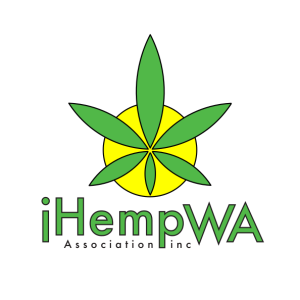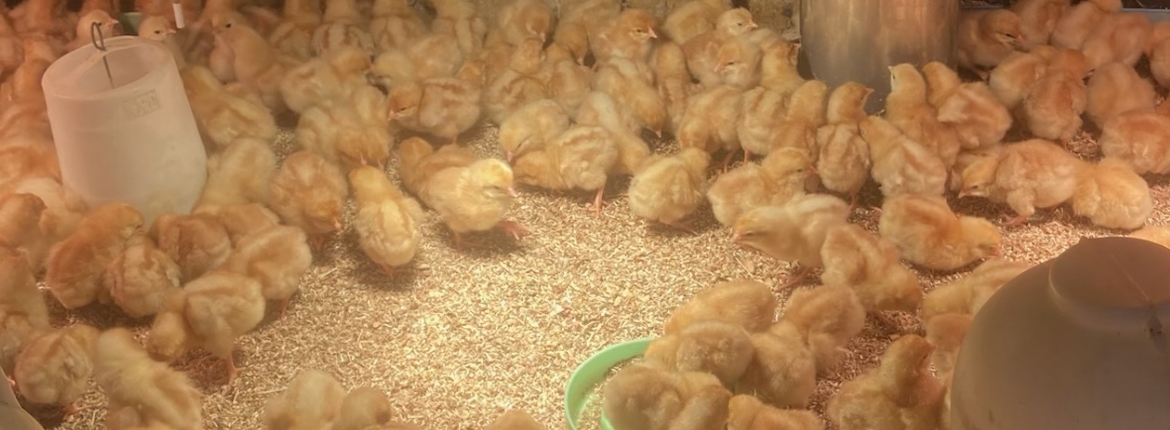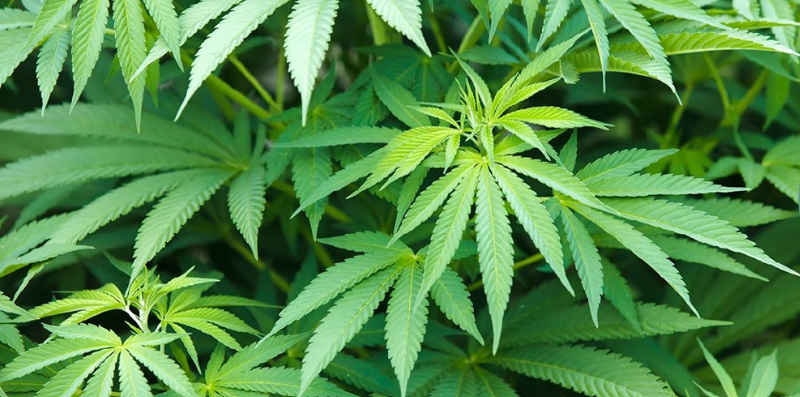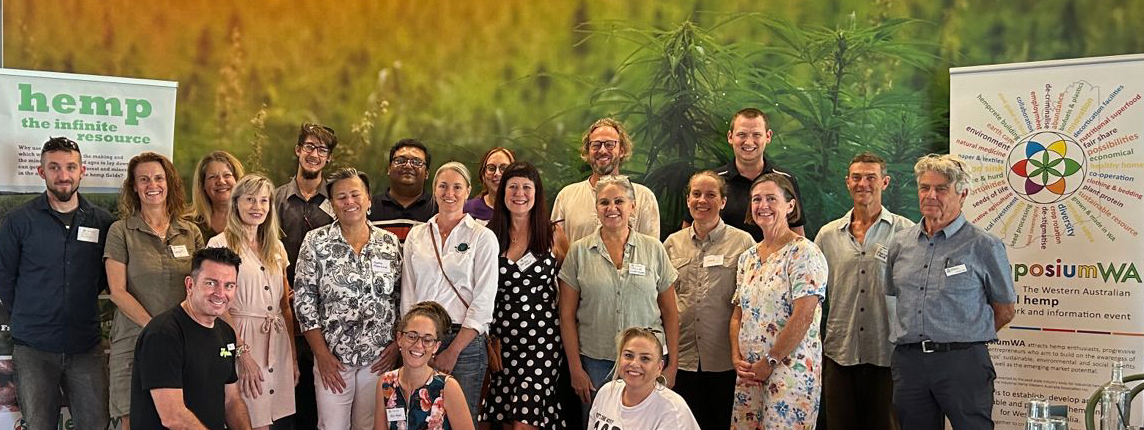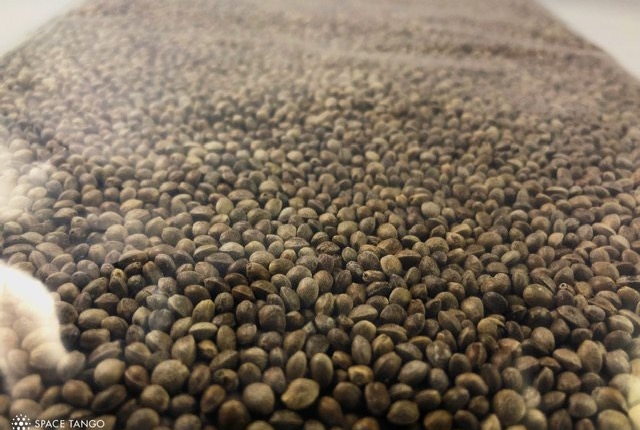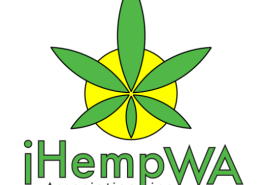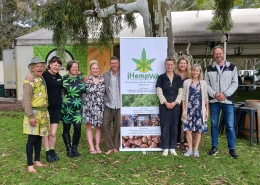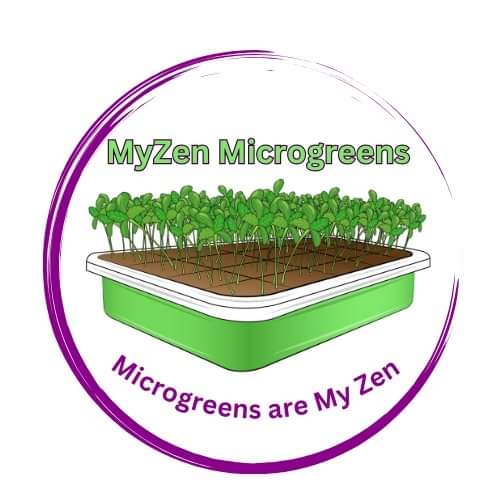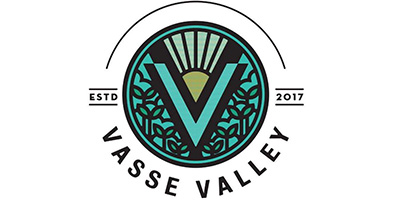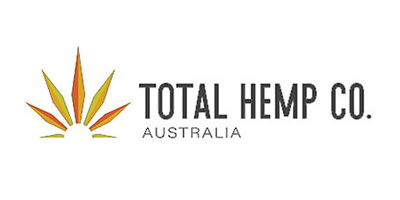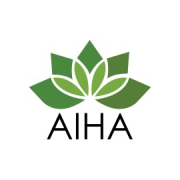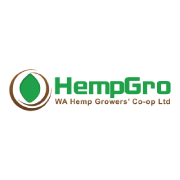Interesting times for the future of hemp in Western Australia!
The New iHempWA Team… at your service 😀
Executive: Chairperson – Georgina Wilkinson of MR Hemp Co and MR Hemp Processing, the last remaining founding Member of iHempWA and Treasurer – Sharlene Mavor, Medical Cannabis Research Australia. New energy joining the committee; AMRShire Vice Chairperson – Cr Melissa D’Ath, entrepreneur Re-Tyre Shoes and Secretary – Linelle Fields of LCWA.
Committee: Emmett Peels, Fred Mulholland, Sasha Lai, Kathleen Wright and Luca Le Prado
Be the change you want to see, send Expressions of Interest to the secretary: admin@ihempwa.org
This team is dedicated to champion the growth of the WA hemp industry through education, policy advice, research, innovation, and industry support. The goal? To make hemp a mainstream product in everyday life for everyone!
SUPPORT NEEDED IN THE HEMP SECTOR
RECENT DEVELOPMENTS CHALLENGING THE HEMP PET FOOD SECTOR IN AUSTRALIA
Understanding the Regulatory Barriers to Hemp in Animal Feed
Author: Dr Bronwyn Blake, June 2024
In November 2017 Food Standards Australia New Zealand allowed hemp seed products to legally be consumed by humans. It was a tremendous step forward for the Australian hemp industry.
Unfortunately, many of us automatically assumed that if something was deemed safe for humans, it could also be fed to animals, including pets. As a result, businesses and products featuring hemp for animals started popping up all over the country. The problem was that many businesses were making health claims, which is not allowed for an unregistered product or ingredient.
This naivety was the catalyst for today’s restrictions. We can safely assume that compliant pet food manufacturers were a little put out by all of the non-compliant hemp products hitting the market and some of the health claims that accompanied them. Read more
